Previously, I’ve shown how to find Your One Metric That Matters The Most, which is closed tied with retention. Note, that this mindset applies in both web and mobile apps.
You probably stumble upon tons of articles about SEO (probably) every day, but really; How often you see an article about App Store Optimization?
With the help of mobile wizard Theodore Moulos, with whom I had an in depth discuss on mobile apps, I crafted this guide to help you become the master of the dungeons called App stores.
Now, I’ll cut the bulls**t and get to the chase.
Today’s epic quest is called:
App Store Optimization: Let Your Competitors Eat Your Dust. #ASO #mobilemarketing #startups Share on X
- App Store Optimization? What the heck is that?
- Basics Of App Store Optimization
- Advanced Terms
- 5 Myths About App Store Optimization
- What Would I Do?
- Before You Go
App Store Optimization? What the heck is that?
App Store Optimization Is the process of improving the visibility of a mobile app in an app store.
Do you know what’s the hardest thing about building a successful mobile app?
A: Building a mobile app.
B: Getting your app found.
I bet you guessed it right!
Getting found in any App Store can get a real nightmare. After all, you can find a great developer to build the app (in case you have the budget), but you can also start with a lean version. Trust me; If your app is worth the time people will stick to it even if it only has one function.
App Store Optimization resembles to SEO more than you think. Basically, they both getting down to the same thing; Getting discovered by your users.
Why is App Store Optimization important?
Just take a look on this graph.
Source: Creativeconstruction.de
If you see, what I see then you already know why App Store Optimization is important.
63% Percent of Android and iOS users have found apps by organic search within the app store.
SEO VS ASO
Hooman Mardokhi explains the differences in his cool and colorful way.
Basics of App Store Optimization
Note something down; Deletion/Unistall Rate DOES MATTER!
Why? Apps with more downloads simply rank higher. That’s all.
Source: MobileDevHQ
Criteria with Direct Impact:
- Keywords
- App’s name
- App profile page
- Description
- Icon
- Screenshots
Criteria with Indirect Impact:
- App Rates (The more 5 star rates you have, the more possible for people to download.)

- App Reviews (Most people read the first reviews before downloading. No one wants to even bother installing something that doesn’t do what it says it does.)

- App Updates

Images / Screenshots
- Use non-Generic interesting screenshots.
- Include screenshots of Your app’s interface.
- Create a unique attention-grabbing logo.
- Use as many screenshots as possible.
Keywords
As in SEO, keywords are the Alpha & Omega of App Store Optimization. You have to think just like your potential user does. AppVirality compiled an excellent article on how to investigate keywords for your app, but overall you have to:
- Research Keywords & Choose Relevant, Popular Terms
- Don’t use App Name in Keywords (Redundant)
- Look out for High Volume, Low Competition keywords
- Use Your Main Keyword in the App Title if Possible
- Aim for a KWD* between 2-4% in App Description
*Note: KWD stands for Keyword Density which is the percentage of times a keyword or phrase appears in app description compared to the total number of words on the page
Why Optimize The Title?
Words in the title have a stronger impact in the algorithm than words in the keywords field. Also, it’s known that the first impression is a powerful emotion that it’s very hard to wash off.
5 tips to optimize the name:
- What is that app?
In other words, a location-based social network called “SendTip”. Your app’s name has to be relative to it’s function, so before deciding make sure to give it the thought it deserves. - Optimized for keywords.
You should include some of you target keywords in your apps name. I couldn’t think off a better example than TaxiBeatwhich (obviously)helps you find a safe and clean taxi ride near you. - Consider the length.
When people are roaming an app store, they possibly search for a name that tells the whole story in just a word of phrase. - Localize your app name.
It’s great for your app to adapt its name depending the location of the user. It’s both possible on Android and iOS and it’s rather and easy thing to do. - Avoid overused or popular words.
Popular words, apart from being repeatedly used in the search section by the users, also stand a the flagship of words you shouldn’t include in your name. Why? I bet there’s already a more successful app out there that already uses it. Don’t allow people pass you for someone else!
8 Google Keyword Rank Checker Tools:
- SEMRush
- SEO SERP Workbench (chrome extension)
- Small SEO tools
- Moonsy’s Google Position checker
- Rank Checker (Firefox extension)
- Keyword Rank checker
- SEO Centro
Optimize the Keyword Field:
- Use as many of the 100 allotted characters as possible. You are looking for every possible advantage, so even one or two more additional keywords can add to your organic search downloads.
- Remove all of the spaces between your keywords and add commas between every single word. The Apple search algorithm will automatically group keyword phrases, so you want to focus on getting as many keywords into the keyword field as possible.
- The name of your app and your company are already included in your keyword list by default, so you do not have to explicitly declare them in your keyword list.
- Only use the plural or singular version of a word, whichever is better, based on the criteria outlined in the previous section.
- Remove longer words and test shorter words. The reason is that one or more additional shorter keywords will give you better search visibility than one longer keyword.
- Check for duplicate keywords.
Advanced Terms
Assuming that you’ve made pretty clear what App Store Optimization is all about, it’s time to go a little deeper and unveil the secrets of the single most important thing in the process, once again: Keywords!
- Volume or Monthly Searches
- Hits or Competition Results
- The Keyword Efficiency Results
- Keyword Difficulty
- Internationalization
Volume or Monthly Searches:
This indicates the number of times this term is searched for (on a scale of 100) by people using mobile devices with full Internet browsers in each country.
Hits or Competition Results:
The number of search results (apps) returned when you search with this term (Scaled to 100, you can mouse-over for the actual number).
KEI (Keyword Efficiency Index):
It is an SEO know–how. It shows you how good a keyword is for bringing traffic to your site. Or, putting it simple, how much positive effect keywords have on your paychecks. It’s can be calculate by using this mathematical equation:
KEI=(Monthly Searches/30)²/(Competition Results)
Keyword Difficulty
It is a factor that tells us how easy or difficult it is to rank for a particular keyword. BloggerTipsTricks made an excellent and in-depth guide on Keyword Difficulty, but for starter you can used MoZ’s Keyword difficulty Tool or SEMRush’s Keyword Difficulty Tool

Internationalization
Before localize your App, translate the keywords and description of your app and make it available in the foreign App Store that you want to expand into. If you are so inclined, you can also translate your screenshots and app title. The trade-off for doing this quickly and dirty test is that your app will probably get some negative reviews.
5 Myths About App Store Optimization
These accurate myths are inspired by Neil Patel’s article on KISSmetrics called the 5 Myths of ASO. I know that just by copying those in my article would make me a copycat, so I kept the juice of it and replicate them in Tom Hardy being angry Gifs. If you want to know the reason behind debunking those myths head to KISSmetrics’ blog!
Myth: Change your title often to adapt to high-ranking searches.
Myth: Keywords aren’t that important.
Myth: It’s all about the ratings.
Myth: As long as it’s on the store people will find it.
Myth: Description is not very important.
What Would I Do?
Before you proceed with App Store Optimization, let’s recap the things I’ve covered above and also allow me to add a few strong points that could boost your app’s performance.
So, before even publishing your app:
- Make sure you find the right keywords.
- Try to fit one of the keywords in your app’s name.
- Create a kick-ass description that will include the keywords you choose.
- Gather high definition screens of your app’s functionality (please, include things that exist; never non-existent or upcoming features).
- Tip#1- Build a simple website and set up a viral campaign for prelaunch.That will give you an initial kick on download/install terms.
- Tip#2 – Create content targeting the keywords you used in the app store. Articles, videos, infographics; whatever suits best.
After you get published:
- You’ve got to find a way to deal with bad reviews. The best way to avoid them is to have a perfectly functioning app that does exactly what it say it does. Even, then people will have something negative to say. EA found a way to deal with the problem:
Prepared to be amazed: In “Dungeon Keeper” for Android, you can only rate 5 stars. In other cases, you have to fill a survey explaining what’s bothering you. It’s better to get no rating than bad ones folks. - Track the bad reviews (which often occur from bug in you app)and try to fix anything. Post everything in the update section in the app store.
- Start in one language and after doing some research and deciding the next market to expand, translate everything!
- Optimize, optimize, optimize. Don’t forget to optimize!
Before you go
I bet you already knew the importance of App store optimization, but I’m also sure that you learned something extra from this article. If not, feel free to roast me in the comment section below.
Before I let you do your thing once more, I have to ask you to share this article with your team, friends or just followers. You already know what to do when questions occur; the comment section is right below, as always. I’d love to hear any feedback, questions or what you’re already doing for your app in terms of App Store Optimization.
Until the next time, keep being awesome! 😀
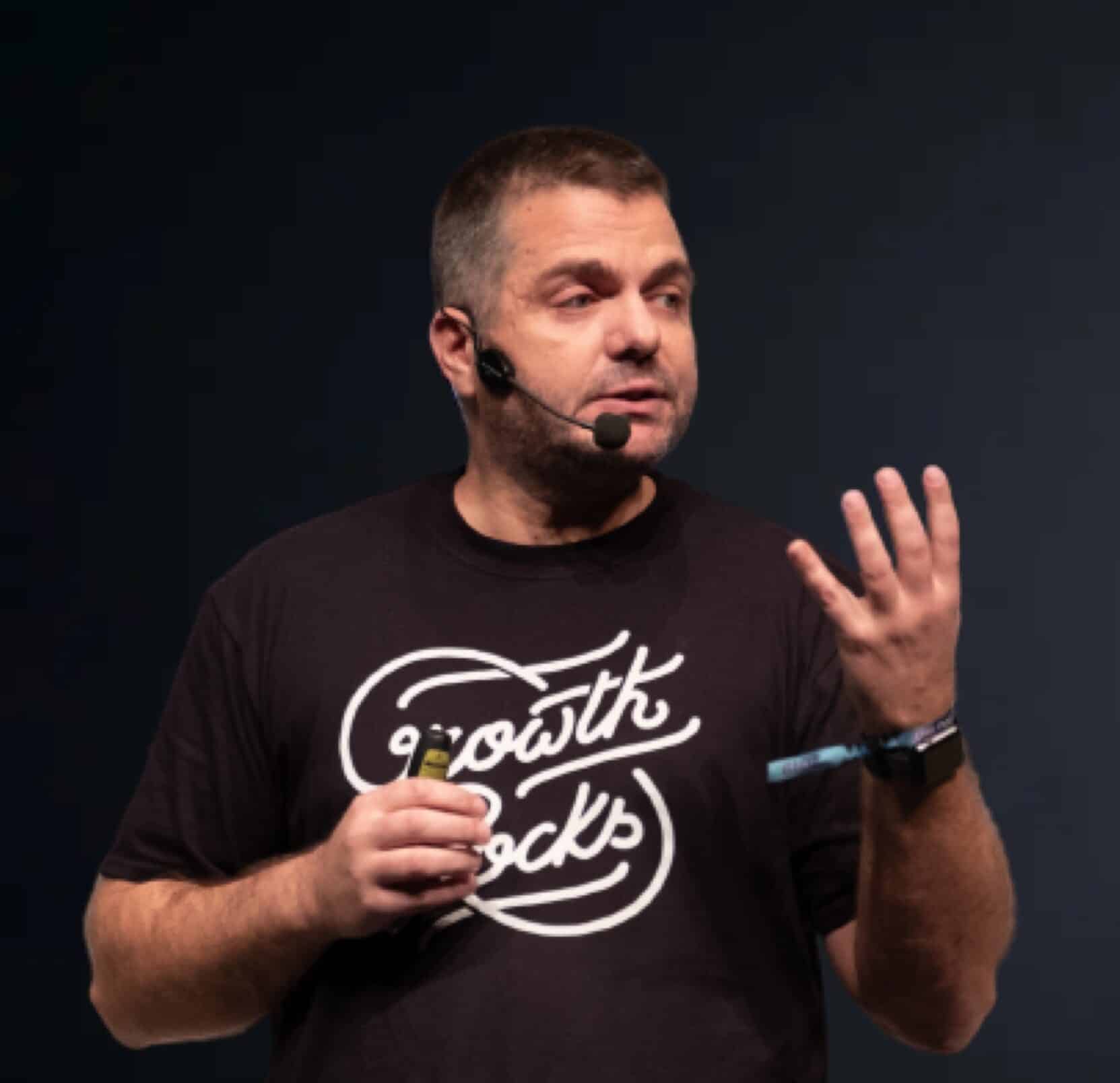
Theodore has 20 years of experience running successful and profitable software products. In his free time, he coaches and consults startups. His career includes managerial posts for companies in the UK and abroad, and he has significant skills in intrapreneurship and entrepreneurship.

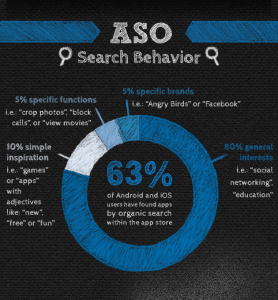
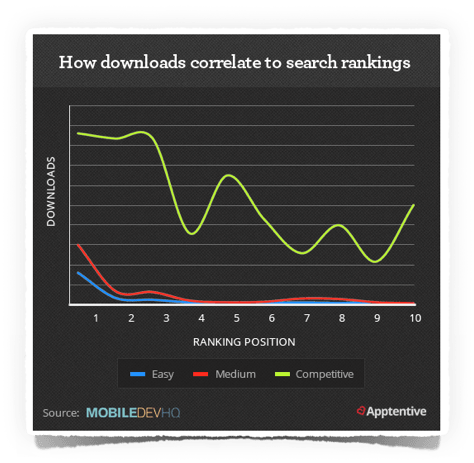
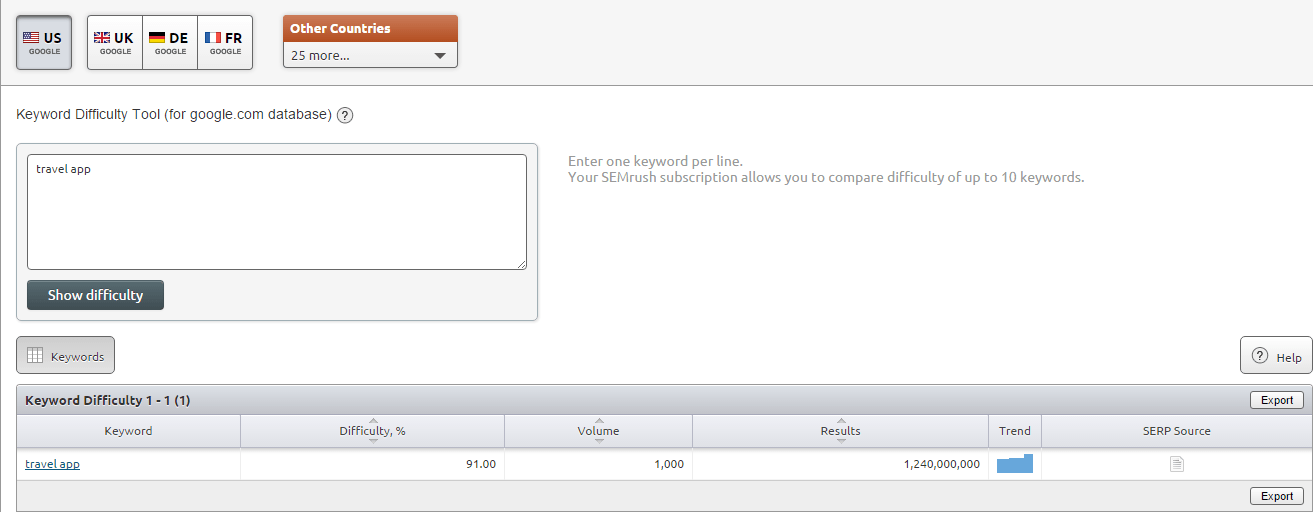
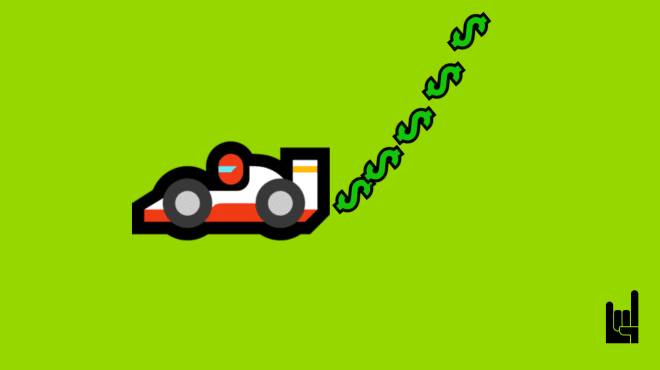
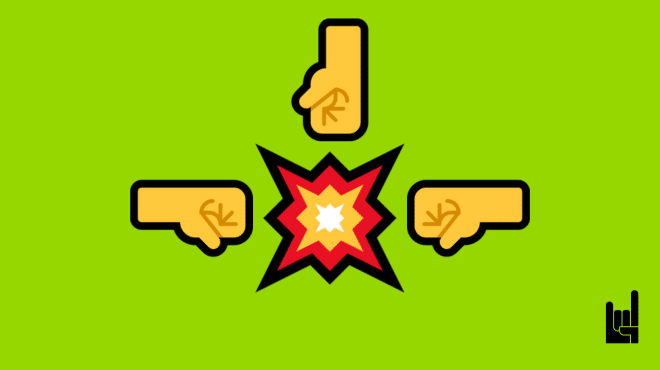
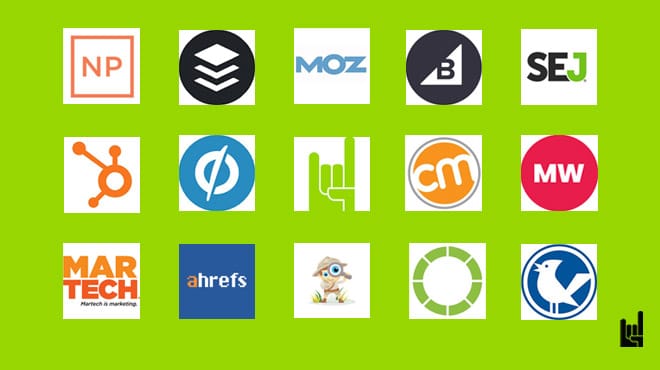

5 Responses
Great article! Thought you might also gain some insights from https://www.linkedin.com/pulse/growth-hacker-marketing-learning-from-friendster-renato-villanueva?trk=pulse_spock-articles
I am about to launch my new app for dogs called “DOGGO” and i found this article very helpful!
Hey Anastasia,
That’s great! I guess it has something to do with dogs. You have my attention! Can you tell me a bit more about it?
How can we hide the backlinks & keywords?
Dear sir, we noticed that you got our article and you added up you CTA. That’s perfectly fine by us BUT we would like you to add a reference on our website. It’s fair and correct. Look at how upwork is doing it: https://www.upwork.com/hiring/for-clients/get-early-traction-startup/ If not that. I proper backlink would be sufficient.